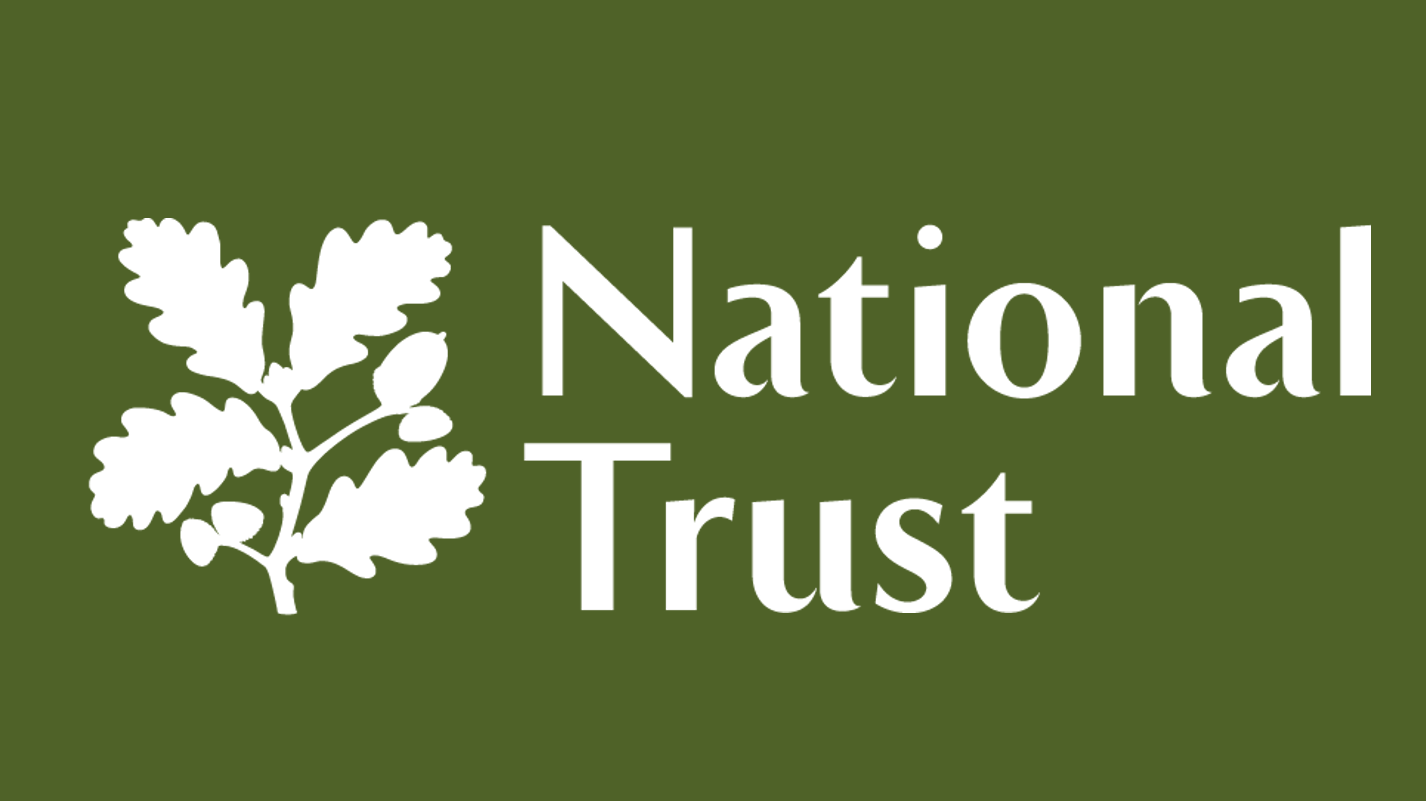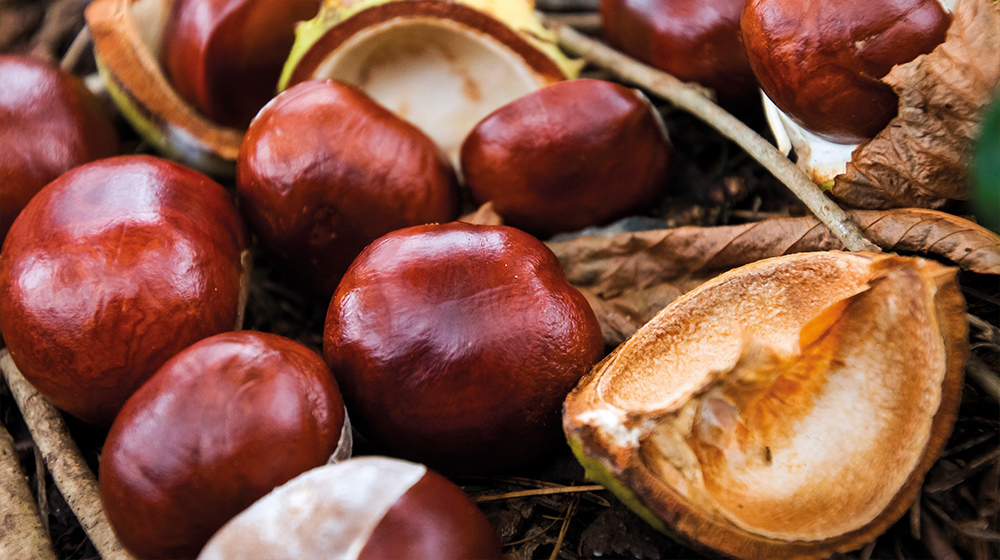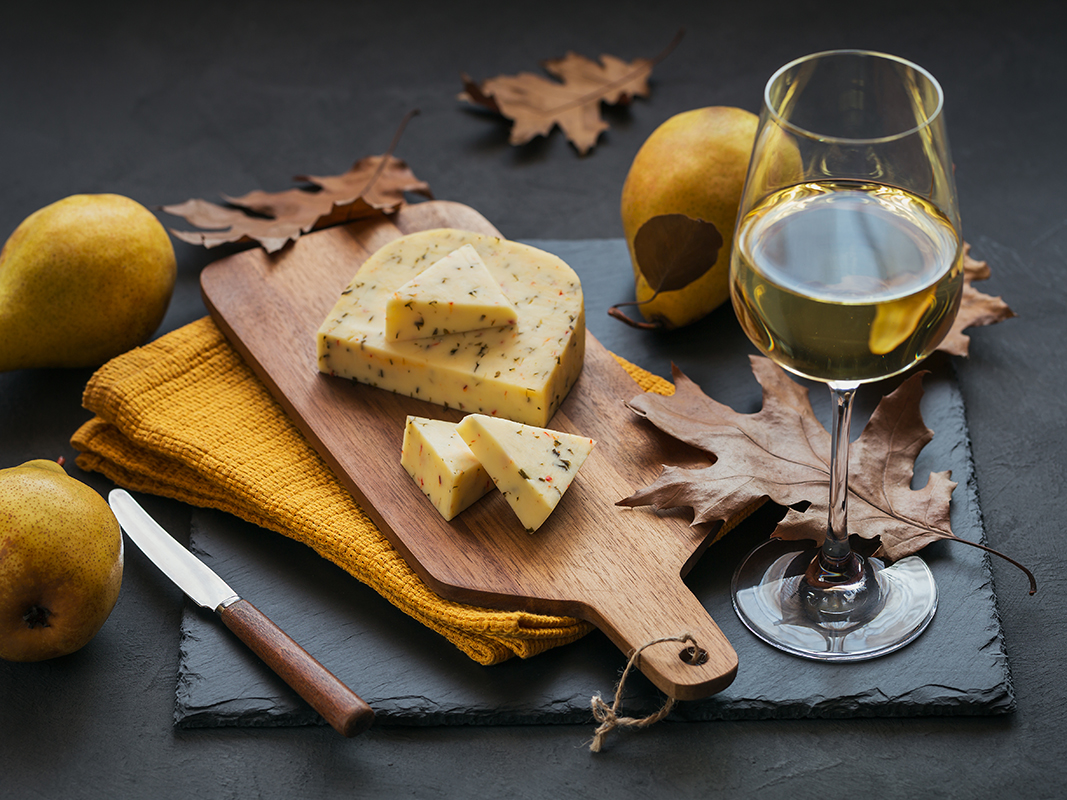Enjoy walk, foraging, local & literary history, cream tea, garden tours and more as part of Chilterns Walking Festival, 15th-30th October.
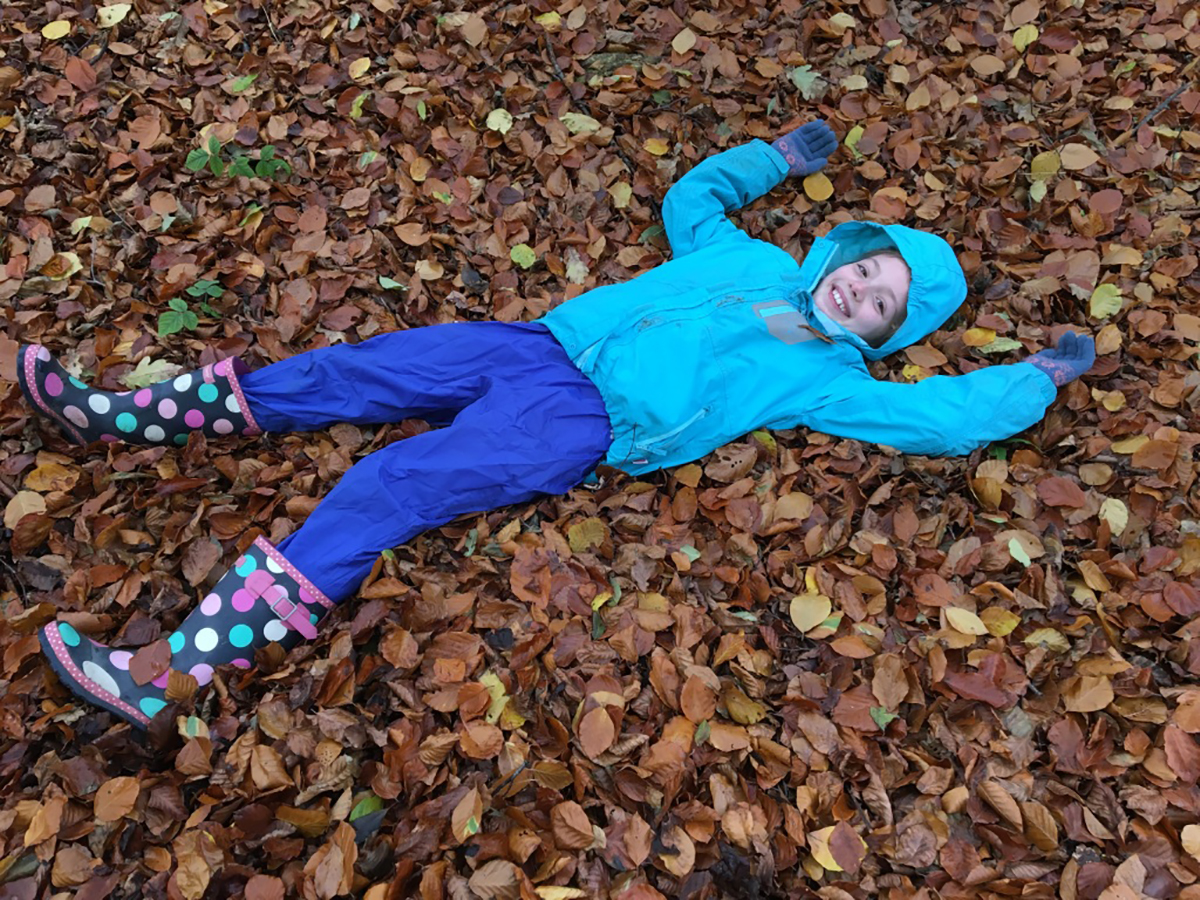
The tenth Chilterns Walking Festival features a programme of more than 50 walks and local events to help you enjoy the autumn splendour, the golden beech trees and hedgerows bursting with colour.
Highlights include Pipsticks walks on the day before All Hallows Eve for a spooky walk along the River Thames and lots of ghostly tales from the riverbank! Or take a Walk on the Dark Side with an exhilarating stroll through Bones Wood and Crowsley Park, tuning into the sounds and sights of the night, and ending at the pub for hot chocolate.
50 walks and local events to help you enjoy the autumn splendour
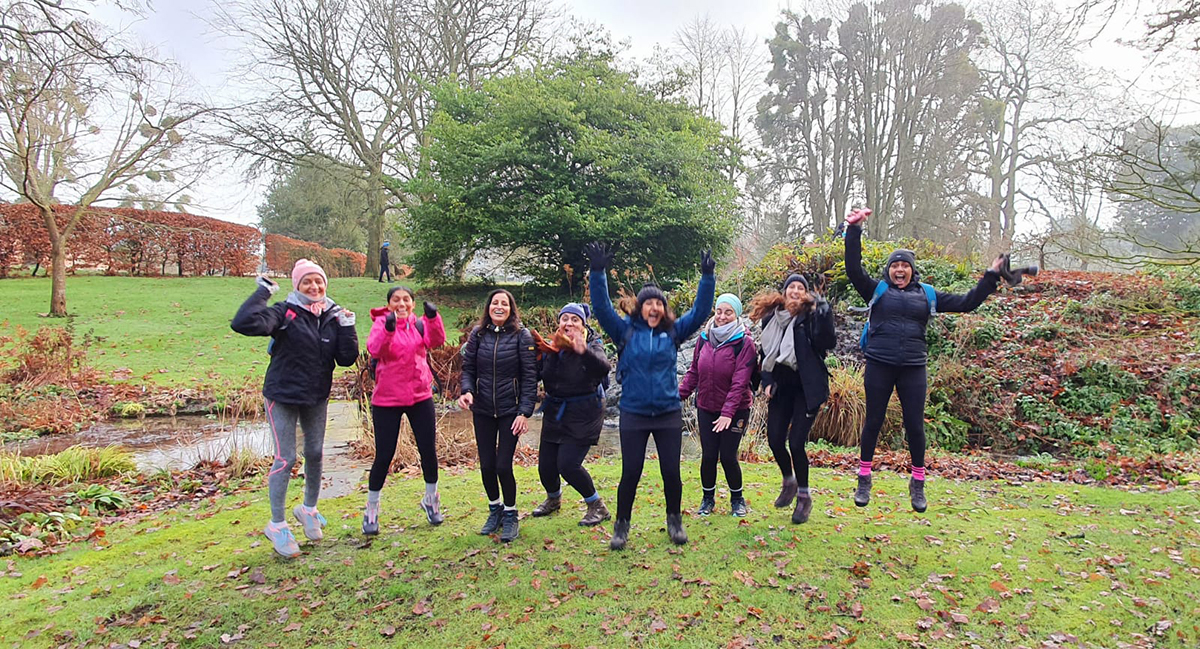
There’s also a foraging walk among the magnificent sweet chestnut trees to learn about and enjoy the bountiful autumn fruits of the forest. Literary walk discovering” in south Oxfordshire including the house where he once lived.
Discover and walk some of the ancient routes which criss-cross the Chilterns, exploring Drovers routes and the Slow Ways historic routes. There’s a nature walk at Aston Rowant to celebrate the 70th anniversary of National Nature Reserves. Join the rangers to see the wildlife that makes them so special, finishing with tea & cake.
Tour guide Bobbie Latter will take you on a guided walk around historic Marlow, followed by a hands-on lace-making experience and a delicious afternoon tea. Plus there are map reading courses, pub walks, local produce tasting, historic garden tours and much more.

Find out more
For full info please visit visitchilterns.co.uk/walkingfest












